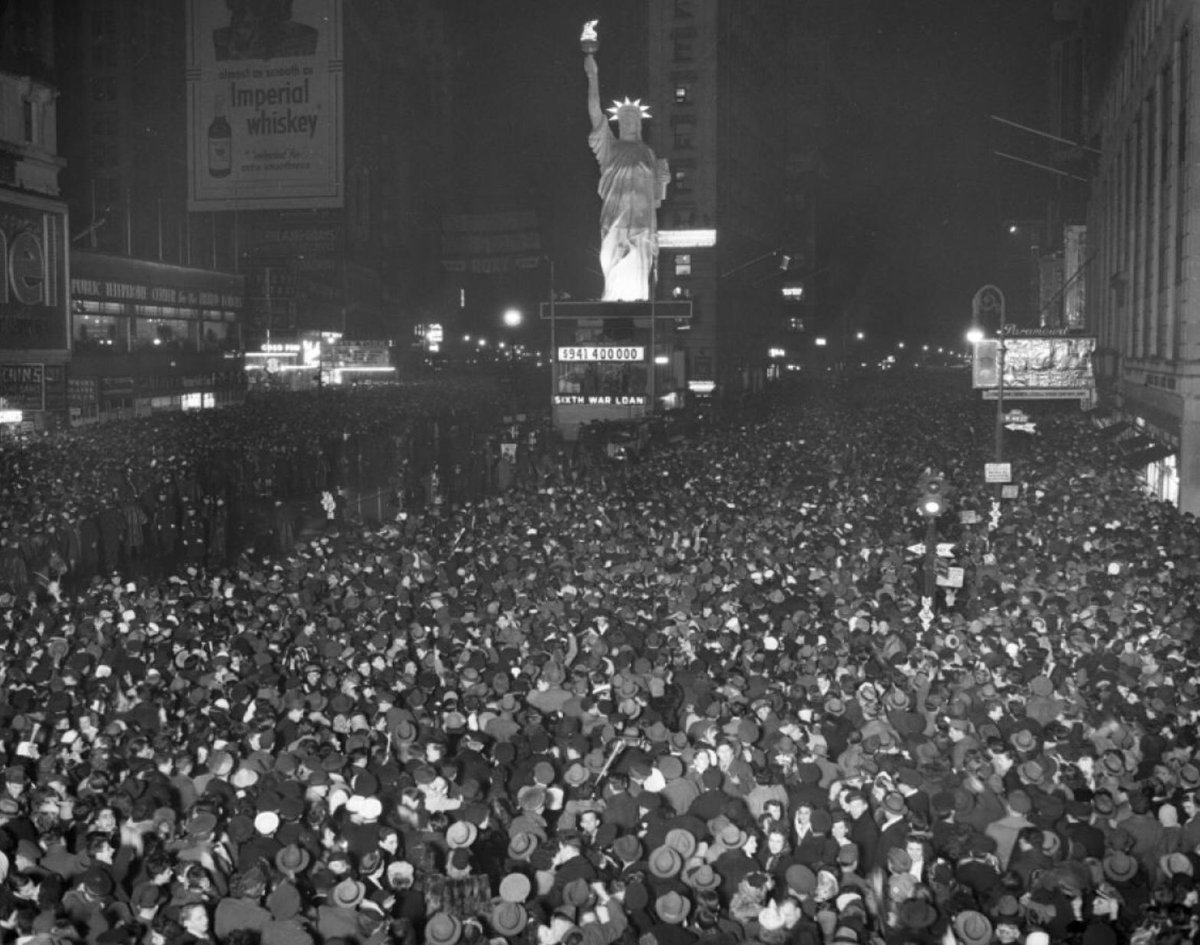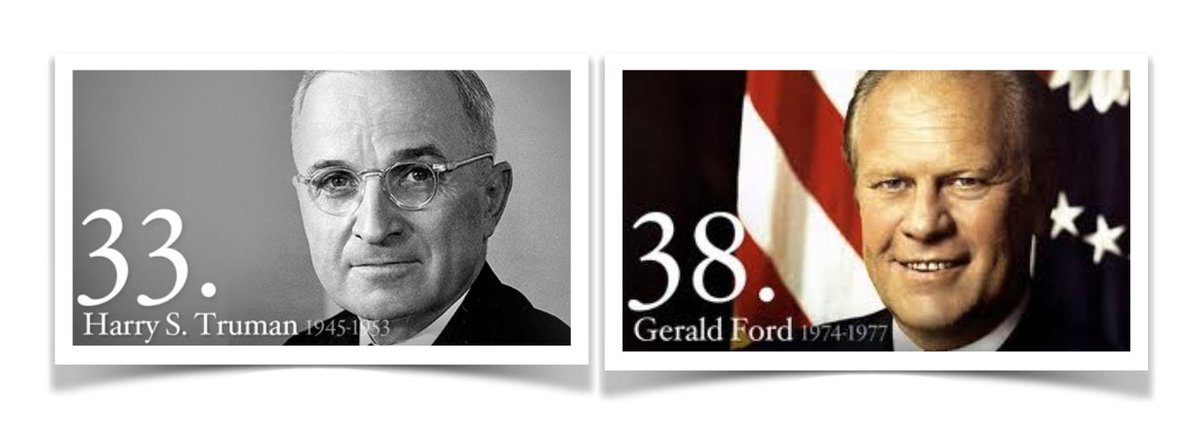As a new year begins, there is a gulf in this country between what some people want to believe and what the truth really is. At some point these two things—truth and untruth—will be reconciled. Perhaps this year, perhaps not. But in the end, truth always wins /1
We were told that Americans have never had it so good. And yet 40% of us don’t have even $400 to deal with an unexpected expense.
We were told that most Americans saw their living standards improve last year. And yet 62% of Americans say they didn’t get a raise in 2018. That’s even worse than 2017, when only 52% said they didn’t get one. (Bankrate)
We were told that the tax cuts signed into law a year ago would provide a huge boost. Yet the middle fifth of earners got about $950—nice but hardly huge—while the bottom fifth got about $60 - abut $1.15 a week
When big stuff like housing and health care are soaring, an extra $60—$1.15 a week—is meaningless. Perhaps a small cup of coffee once a week at McDonald’s. Nothing more.
We were told that the tax cut would mean a huge boost for investment and growth in the U.S. economy—things like plants and equipment. And yet U.S. corporations spent far more buying back their own stock than anything else.
In the second quarter of last year alone—right after the law was signed—$437 billion was spent on buybacks, says research firm TrimTabs.
This doesn’t mean that nothing was spent. Westwood Capital, the New York investment bank, notes that 28% of business investment has gone to “structures and industrial equipment” this year. Just twenty years ago, at the end of another U.S. expansion, nearly half—48.3%—did.
No raises for most. Cup-of-coffee sized tax cuts for millions. A downward trend in spending on plant and equipment. How can this be? After all, we were told, the tax cut signed a year ago was the biggest ever. The problem: It wasn’t the biggest tax cut ever. Wasn’t even close
As a percentage of the U.S. economy, it was only the seventh-biggest tax cut. Tax cuts signed by Ronald Reagan (1981), Harry Truman (1945 and 1948), Barack Obama (2010 and 2013) and Lyndon Johnson (1964) were all bigger than Trump's
We were told that the stock market was proof of Trump’s genius. The S&P 500 entered a bear market last month. We were told that Mexico would pay for the wall. It isn’t. The president now wants you, the taxpayer, to - and said he’d proudly shut down the govt. if need be
We were told that farmers are doing great. They are not - bankruptcies are surging. We were told that U.S. Steel is building six new steel mills. The company says it is not
We were told that the debt—not the deficit mind you, but the entire national debt—would be paid off in eight years. Instead it has jumped to nearly $22 trillion, and is projected to soar to $33 trillion by fiscal year 2028, now eight years and nine months away.
We were told that Social Security was safe. In fact, the administration quietly warns that SS could be slashed 21% by 2034—closer than it sounds—unless something is done. Tax hikes, benefit cuts, and higher eligibility ages are the likely options
We were told that he hires only the very best. Yet those hires—ranging from a once-trusted lawyer to the secretaries of state and defense—are the most critical. Those who know him best, see him up close each day, have the worst things to say. Think about that.
We were told that all of the investigations are a nothing burger. Yet the indictments, guilty pleas, convictions and jail sentences keep piling up.
But one thing we were told has turned out to be true. We were told that the United States has never been respected like it is today. That’s true. Confidence in America has plunged, says a global survey by the Pew Research Center.
Pew data says people around the world have more confidence in dictator/thugs like China’s Xi Jinping and Russia’s Vladimir Putin than in Trump. So in this respect, Trump's claim is correct: We have never been respected like we are today.
We will be told more things in 2019. They will likely not be true, either. Most people, who have not been fooled, will see through it all. The question is whether the others—those who are so eager to believe that which is clearly not so—will continue to fool themselves
###













